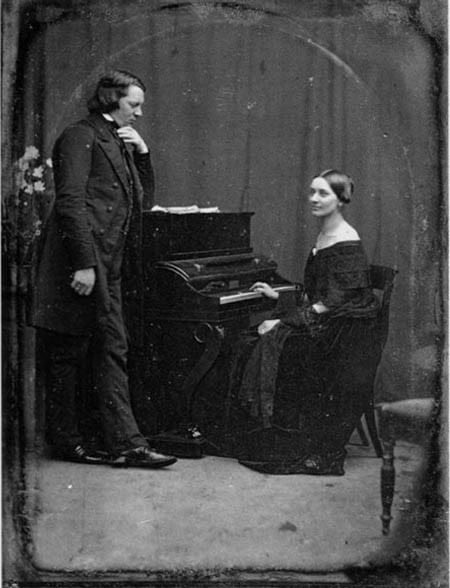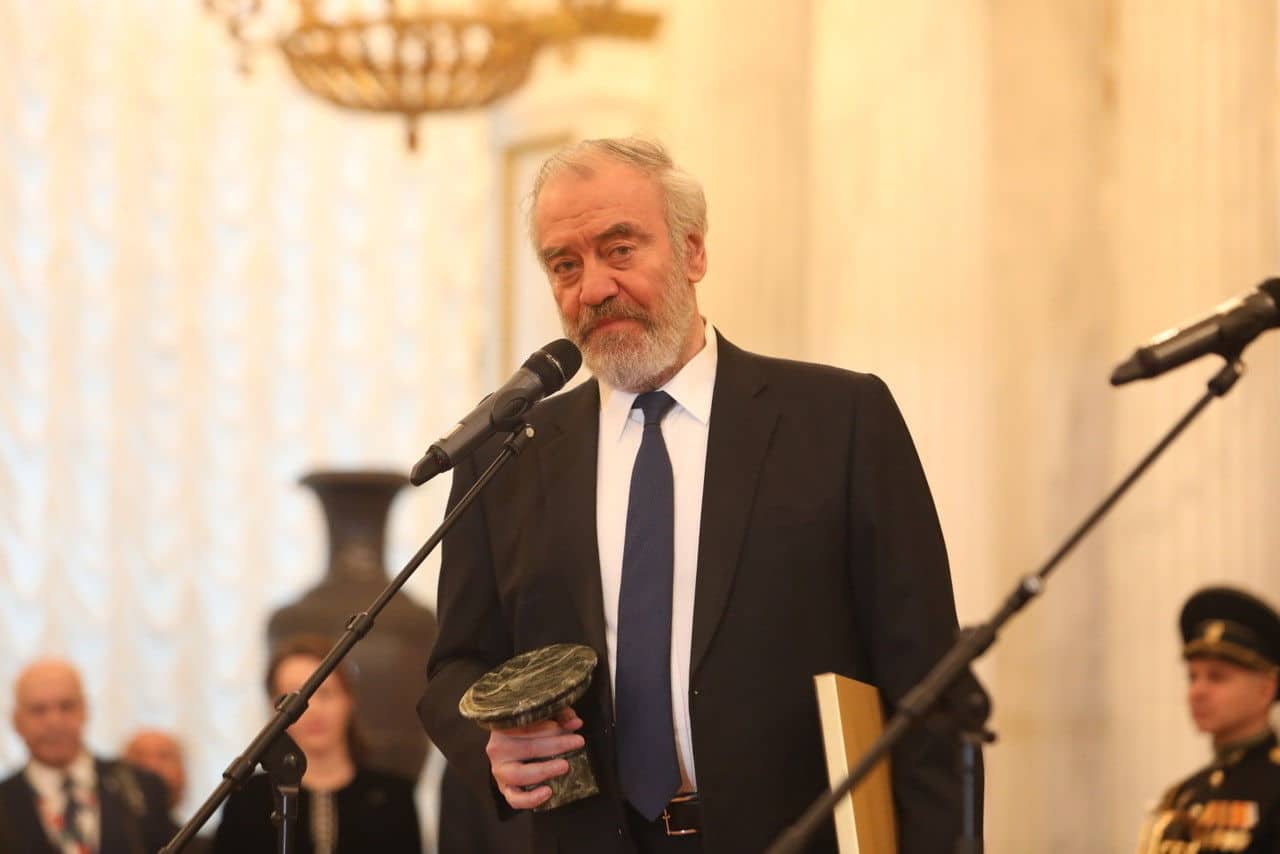‘The beauty of these people is purifying for us, even after their passing’
UncategorizedFrom Joseph Joachim’s eulogy at the grave of Clara and Robert Schumann.
Well worth reading here, in English and German.

h/t: Joachim scholar Robert Eschbach

From Joseph Joachim’s eulogy at the grave of Clara and Robert Schumann.
Well worth reading here, in English and German.

h/t: Joachim scholar Robert Eschbach
The Finnish music world is in mourning for…

The city of Würzburg has been shaken by…

Russian websites have uncovered a new contract for…

Singers’ agents tell us of a tsunami of…

Session expired
Please log in again. The login page will open in a new tab. After logging in you can close it and return to this page.
Beautiful and touching speech, of a type no longer fashionable in our materialistic, ‘sober’ world. But such spirit has carried an avelanche of great music of which Schumann’s is a part, and in vain we search the horizon of the current musical world in the hope to find a shimmer of the creativity which is still cultivated in the concert halls in terms of works.
Wonderful eulogy, especially timely since I’ve just received and started to read Swafford’s biography of Brahms wherein Clara features so prominently. They were a unique trio and also part of Joachim’s life.
Amidst rehearsing now with two different groups Brahms’ Second Symphony and Schumann’s Fourth I cannot but share this gratitude for their lives.
Joachim’s beautiful way of saying “May their memory be a blessing.” But more than that — he is saying that, indeed, it is. The tradition of Bildung that Joachim grew up in was important to all educated people in the 19th century, but especially to Jews. There is a quality of reverence that runs through Joachim’s whole life — and also a sense of obligation to rise to the purest spirituality, greatest artistry, and most selfless humanity possible. Rising to the example of great artists was an essential part of that personal quest.
True. all the more ironic that so many members of the elite, cultural or otherwise, who were of Jewish descent, were increasingly seen as a ‘threat’ to people without such descendance. However such elites proved irrefutably to be the torch bearers of civilization and cultural awareness, it was always ‘wrong’ what they did, even considered as such by their own kind, like Leon Botstein who can only see such ‘Jewish’ elites as forced and false attempts to ‘escape’ their racial backgrounds (as in his demolition of Stefan Zweig). People like Joachim were, in contrary, the examplary carriers of culture and civilization, representing the true European spirit.